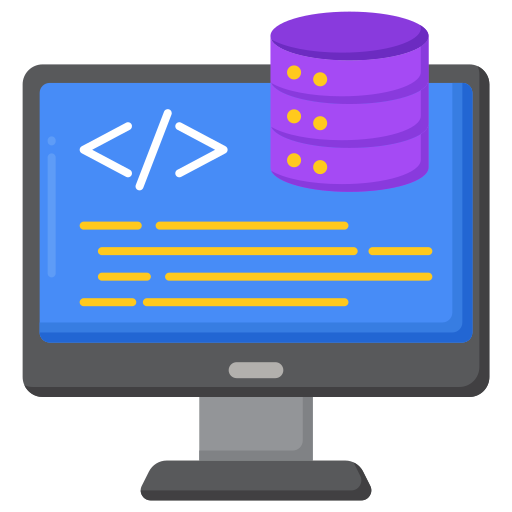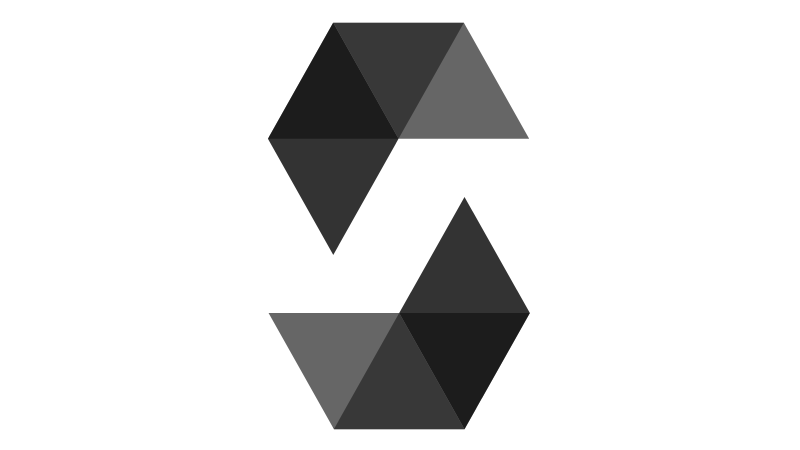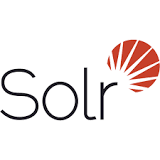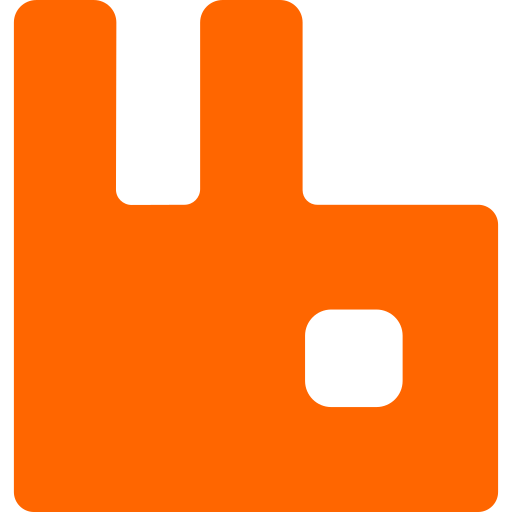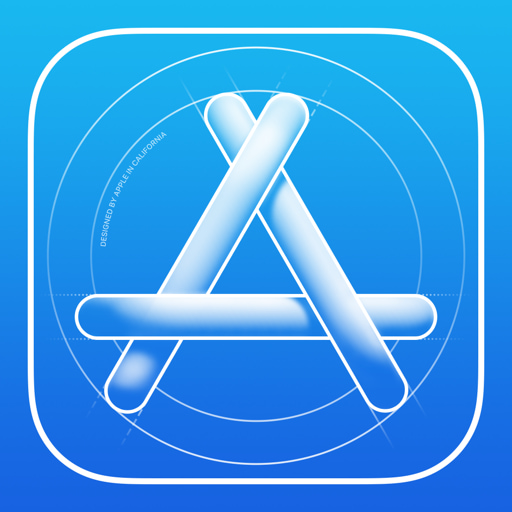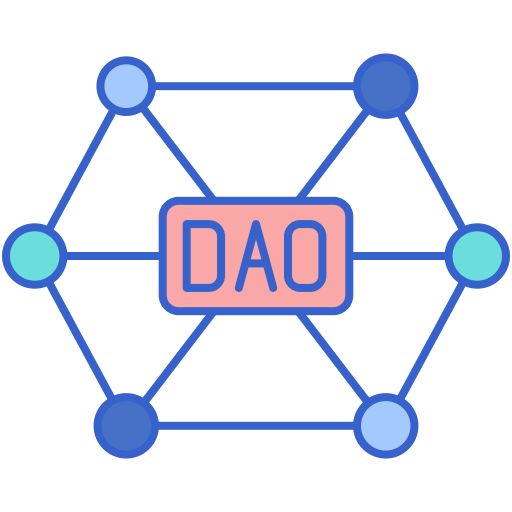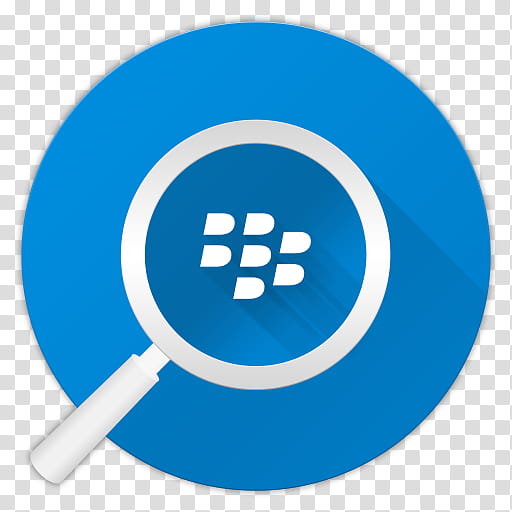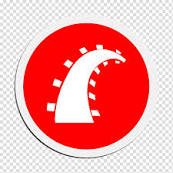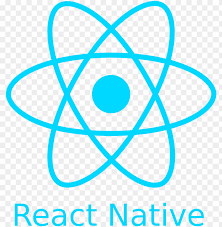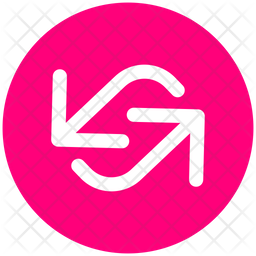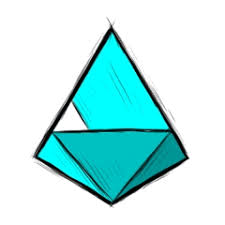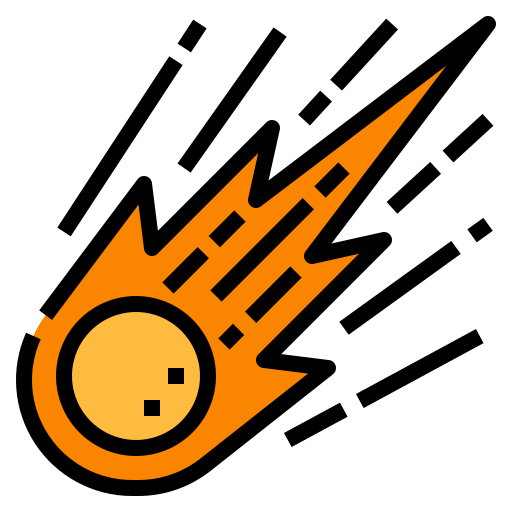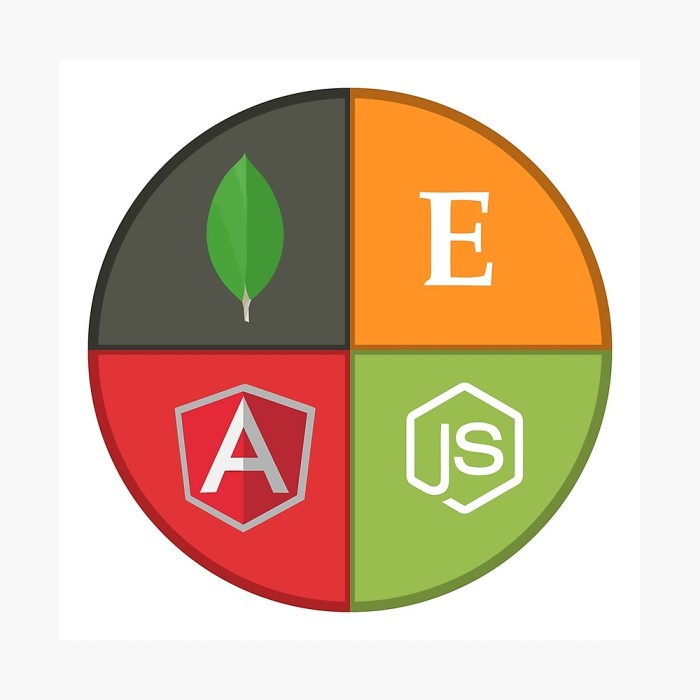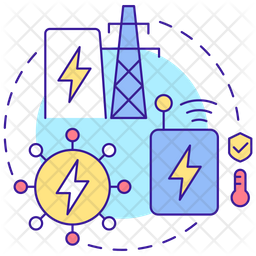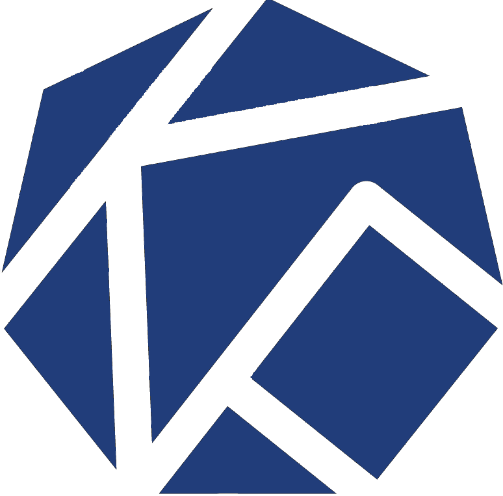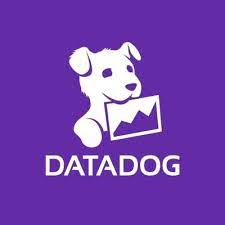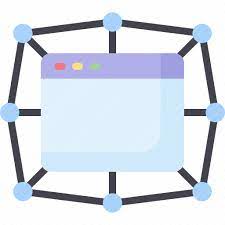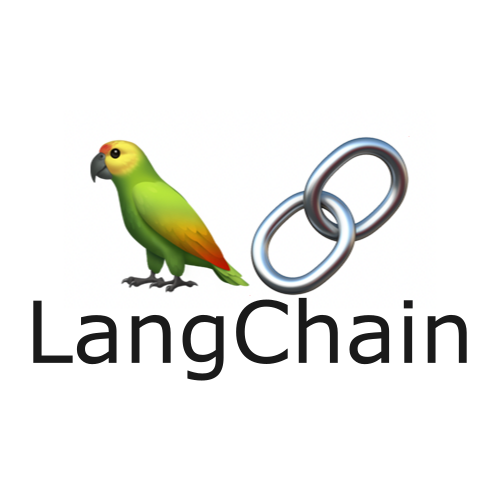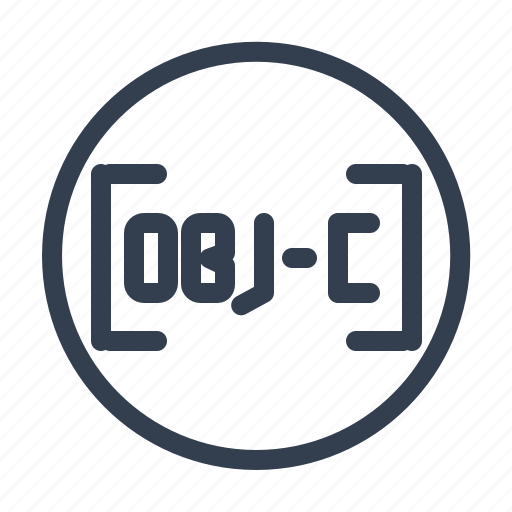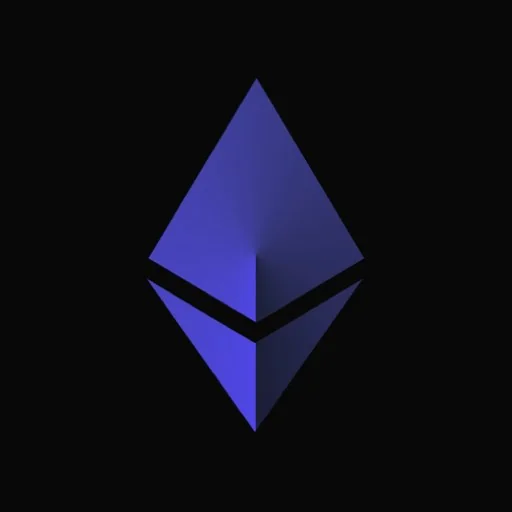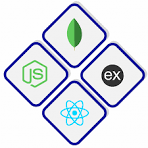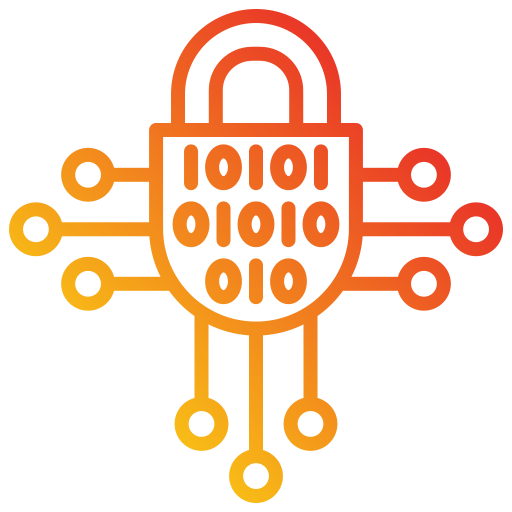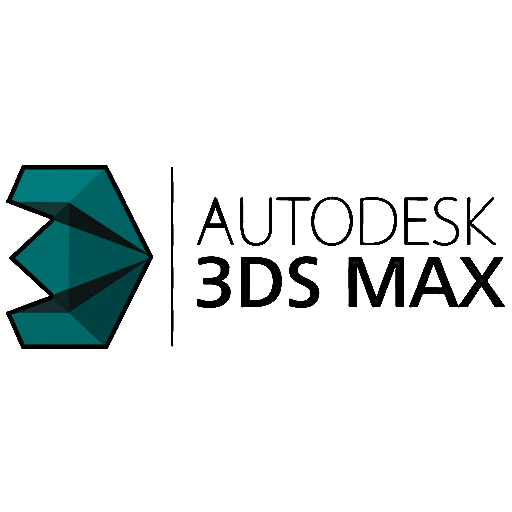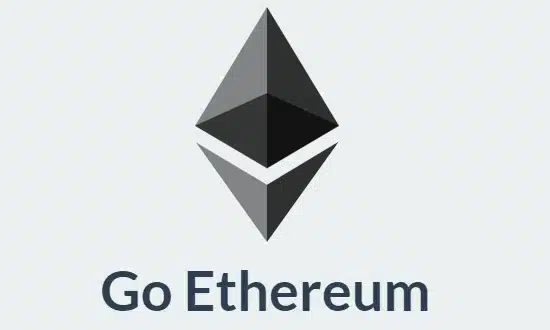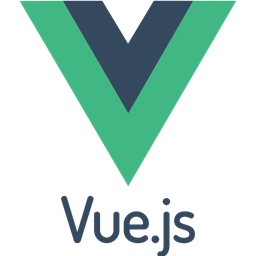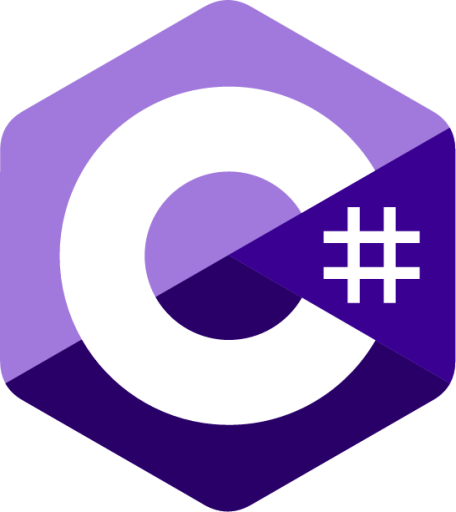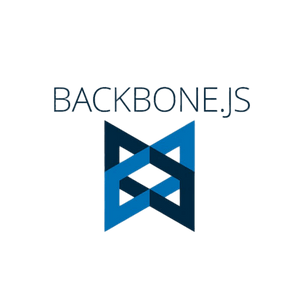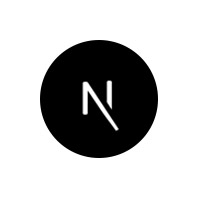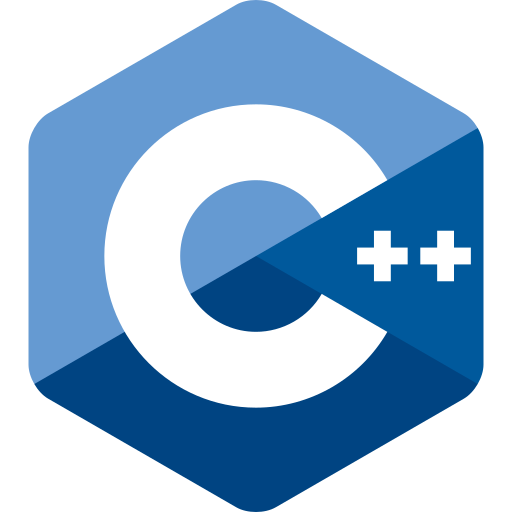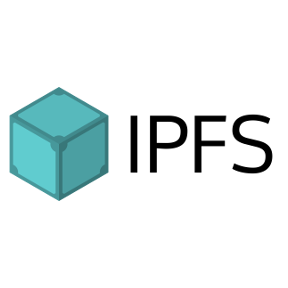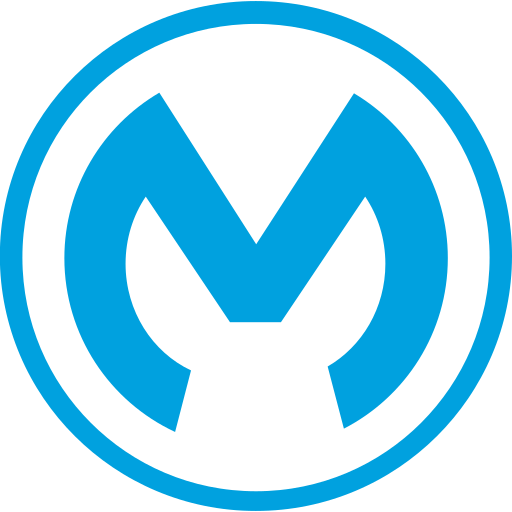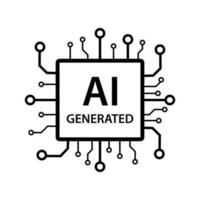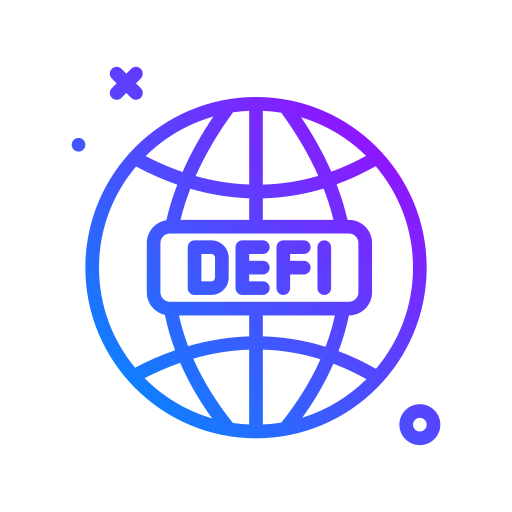Contents
What is Solidity?
How Can Solidity Improve Your Business' Operational Efficiency?
Strengthening Industries with Blockchain Technology: How Solidity is a Game-Changer?
What are the Essential Skills for a Solidity Developers?
Freelance, Part-time, or Full-time: Which hiring prototype suits you the best?
If you're a business that wants to leverage blockchain tech and create smart contracts, a full-time or freelance solidity developer from UltraGenius can help you build that. We will take over the stress of hiring experts by selecting relevant developers from our network. Further, we will let you choose developers from flexible hiring models like full-time, part-time, or project basis. We will also assist in boosting hiring success rates by 100% and saving 40+ hours.
What is Solidity?
Solidity is a popular object-oriented programming language for implementing smart contracts on multiple blockchain platforms like Ethereum. Solidity language helps Solidity developers use self-implementing business logic in smart contracts which leaves a non-repeatable transaction record. Solidity provides support for creating contracts for crowdfunding, voting, multi-signature wallets, and auctions.
How Can Solidity Improve Your Business' Operational Efficiency?
Solidity language is an option for companies building dependable and secure blockchain applications. Your business can also benefit from the adaptability of creating specific smart contracts. However, you can get the economic advantages of adopting an open-source programming language when hiring Solidity developers. Here are a few illustrations of how Solidity is a stable and effective language for developing blockchain applications that can help your business achieve its goals in an independent environment:
- Constructing Blocks of Security: Solidity's Strong Trait
- Making Personalized Solutions with Solidity's Flexibility and Scalability
- The Strength of Collaboration: Solidity Allows Interoperability
- A Spirited Ecosystem of Support: Solidity's Active Developer Community
Solidity is highly robust and a safe language for developers and businesses. It is made to protect your business data against reentrancy attacks, buffer overflows, and integer overflows. Additionally, you can enjoy the built-in support by Solidity for specific security features like encryption, rights management, and access control. Therefore, to guarantee the security of your smart contracts, Solidity is the best option.
Solidity is a high-level programming language that is straightforward for developers to learn and use, making it easy to create a group of diverse types of contracts and apps due to its incredibly modular nature. Further, Solidity comprehensively covers programming paradigms, including procedural, functional, and object-oriented programming. Therefore, it is exceptionally versatile to a comprehensive spectrum of use cases and allows businesses to devise specific solutions that fulfill their requirements.
Interoperability depicts how easily Solidity-based smart contracts can communicate and function together via other Ethereum network technologies. Ethereum Network technologies can be other smart contracts and decentralized apps. Because of this, the blockchain ecosystem becomes more linked and streamlined, enabling numerous applications and contracts to connect and share data without intermediaries or outside verification.
Solidity is an open-source programming platform, and its source code is available to everyone. Due to its accessibility, the community of developers ensures regular examination to maintain its security and accuracy. Solidity's openness increases its dependability and credibility for businesses wishing to develop dApps and smart contracts that govern significant assets and transactions. Moreover, you can benefit from Solidity's robust ecosystem, providing companies with much knowledge and experience.
Strengthening Industries with Blockchain Technology: How Solidity is a Game-Changer?
Solidity is superior to conventional programming languages in several ways. Various industries can employ our freelance solidity developer to create decentralized programs that ensure transparency, security, and immutability. Additionally, Solidity is an open-source language with a sizable developer community that continuously supports its growth, ensuring its stability and safety. Furthermore, you can leverage Solidity to provide a process for developing auditable and tested smart contracts.
- Fintech Industry: Transforming Transactions
- Supply Chain Management: Building Transparency with Solidity
- Safeguarding Healthcare Data with Solidity
- NFTs and Decentralized Gaming with Solidity
- Real Estate: Improving Efficiency with Solidity-Based Applications
The financial services industry is one area where using Solidity can be advantageous. Using blockchain technology, you can develop decentralized apps that enable faster, less expensive, and more secure transactions. For instance, smart contracts built on the Solidity programming language can automate various financial processes, such as trade finance, asset management, and loan application. Furthermore, you can enable peer-to-peer lending, borrowing, and trading without the involvement of mediators through Solidity-based decentralized finance (DeFi) apps.
Many suppliers, manufacturers, distributors, and retailers are involved in the extensive supply chain management (SCM) process. Therefore, Solidity can help grow your supply chain to be more transparent and traceable to prevent fraud, theft, and counterfeiting. Your supply chain managers can use blockchain technology to build decentralized applications on Solidity that provide real-time transaction monitoring and verification. Moreover, they may use smart contracts to trace the movement of items from their point of origin to their final user. Furthermore, your stakeholders may be able to share and save data related to the supply chain utilizing apps created with Solidity securely that no one can alter. Finally, you and your team can automate processes like inventory management, purchasing, and logistics to boost the productivity of your business.
Solidity has the potential to dramatically change the healthcare industry by offering a secure and open platform for handling patient’s data. With Solidity-based decentralized applications, you can create tamper-proof, immutable records that ensure patient confidentiality and privacy. Further, with Solidity-based smart contracts, you can automate the administration of insurance claims, clinical trials, and medical record management, ensuring the accuracy and transparency of data. In addition, you can enable solidity-based applications to allow healthcare practitioners to safely and successfully communicate patient data, improving patient outcomes and reducing expenses.
Solidity, a high-level programming language, swiftly changes the gaming industry by offering decentralized solutions. If you hire solidity developers for your gaming business, they can create decentralized games that allow players to securely and publicly own and exchange their in-game assets using non-fungible tokens (NFTs). By playing games that use the Solidity programming language, players can influence the economy of the gaming industry and take part in its growth. Decentralized gaming with Solidity may also give players a fair and open gaming experience by eliminating the need for centralized mediators.
As a real estate agent, you can use Solidity-based applications to significantly increase your transactions' efficiency, transparency, and security. You can automate processes like rental contracts, title transfers, and property listings are just a few of the real estate processes with solidity-based smart contracts. Additionally, you can get the support of fractional ownership of real estate assets in apps created using Solidity, encouraging more individuals to invest in real estate. It could lead to the real estate market becoming more open and liquid. With Solidity, real estate transactions may be completed more quickly, affordably, and securely, benefiting both buyers and sellers.
What are the Essential Skills for a Solidity Developers?
Apart from necessary skills like seamless communication and teamwork, if you hire Solidity developers from us, you'll collaborate with talented and skilled professionals who understand your business and craft solutions using the Solidity programming language. Therefore, to enjoy their best services, you can evaluate the following skills:
- Detailed knowledge of Blockchain Technology
- Adept with Solidity Programming
- Knowledge of Ganache Software
- Familiarity with Embark
- Expert in managing with Version Control Systems (VCS)
- Firm understanding of Object Oriented Programming
- Knowledge of Ethers.js
Solidity developers thoroughly understand Ethereum's decentralization, cryptographic protocols, consensus mechanisms, and other critical concepts in blockchain technology. We know that developing Solidity smart contracts necessitates a good grasp of the fundamentals of blockchain technology. As a result, we make sure you collaborate with professionals who can perfectly deliver their knowledge practically.
Solidity developers know the solidity programming language, including its syntax, data types, control structures, functions, and contract inheritance. We know that to produce accurate, efficient, and safe smart contracts, one must be capable of programming in Solidity. Therefore, developers have reliable language control and can create high-quality and effective smart contracts that function as intended on the Ethereum blockchain.
Ganache is a personal software used for developing and deploying Ethereum and Corda applications. Smart Contracts are deployed using Ganache software. Set the “Environment” from Javascript Virtual Machine to Web3.js in the DEPLOY and RUN TRANSACTIONS panel and thus you connect your Metamask wallet to Mainnet and then click on DEPLOY. After doing this, a transaction has to be signed with Metamask and you can deploy your smart contract.
Embark is a framework used for deploying smart contracts on Ethereum platform and enables Blockchain users to access them with traditional Javascript code. Embark provides easy development and deployment of Decentralized Applications (DApps) and integrates them with EVM blockchains, Decentralized Storages, and Decentralized communication platforms. Embark handles the migration of contracts and automatically deploys them again as per needs.
Hire Solidity developers must have a very good knowledge of version control systems like Git, TFS, SVN, and Mercurial. Mostly, developers use Git for their work- it helps keep track of the frequent changes that occur in code or to collaborate with others on a project. Along with this they need to know how to use commands like add, push, pull and commit which allow them to work independently on their code by branching off occasionally if desired.
Object Oriented Programming has four pillars on which it stands – Encapsulation, Inheritance, Abstraction, and Polymorphism. Encapsulation protects the class variables from begin directly accessed and modified. The Solidity developers can use the getter() and setter() methods to access the data variables. Abstraction, on the other hand, provides only the essential details without showing the implementation details. Inheritance provides the advantage of code-reusability. Polymorphism provides the class to act differently upon invocation. Solidity is an object-oriented programming language so the Solidity developers must be strong in OOP concepts.
Ethers.js is a lightweight general purpose Javascript library used to interact with Ethereum Blockchain and easily design your applications’s front-end with its large collection of libraries. With the help of Ethers.js, the Solidity code becomes less buggy, well-designed, and well-documented, and keeps users' private keys secure and safe.
Freelance, Part-time, or Full-time: Which hiring prototype suits you the best?
When you employ a Solidity developer for your blockchain project, you must explore different hiring opportunities, like freelancing, part-time, and full-time employment. It would be best if you choose any model based on your company's goals and the requirements of your project.
- Freelance Solidity Developer
- Part-Time Solidity Developer
- Full-Time Solidity Developer
A freelance Solidity architect is an independent contractor who accepts tasks as they come up. They can service multiple clients simultaneously because they are not connected to one company. If you have a short-term project that requires Solidity programming expertise, hiring a freelance developer may be a cost-effective choice. You can check out our portfolios and engage developers in your project without making a long-term commitment.
Our part-time Solidity developer will work for specific hours per day or per month to achieve the goals of your project's requirements. You can frequently employ them on a contract basis and take their assistance on short or long-term assignments. This arrangement can work for you if you have budget constraints but need ongoing help for your Solidity development needs. Our part-time developers will provide flexibility and save you time and money.
Solidity developers can provide their long-term commitment and exclusive service to your company. This choice may be appropriate for you if you want to ensure consistent work on your Solidity requirements. Our full-time developers bring top-notch expertise and experience to the table. They might cost more than freelancers or part-time developers. However, we can suggest a full-time Solidity developer who fits your project's requirements and price range.




































